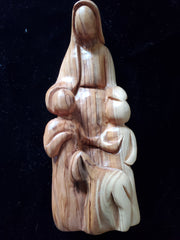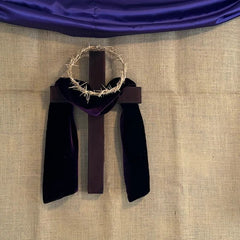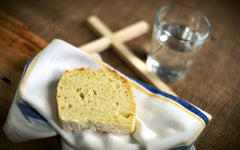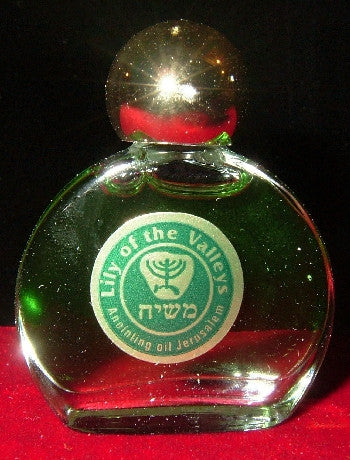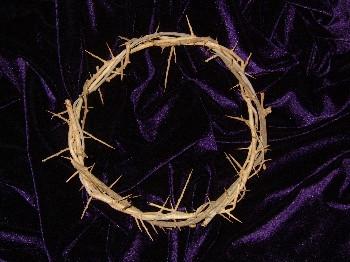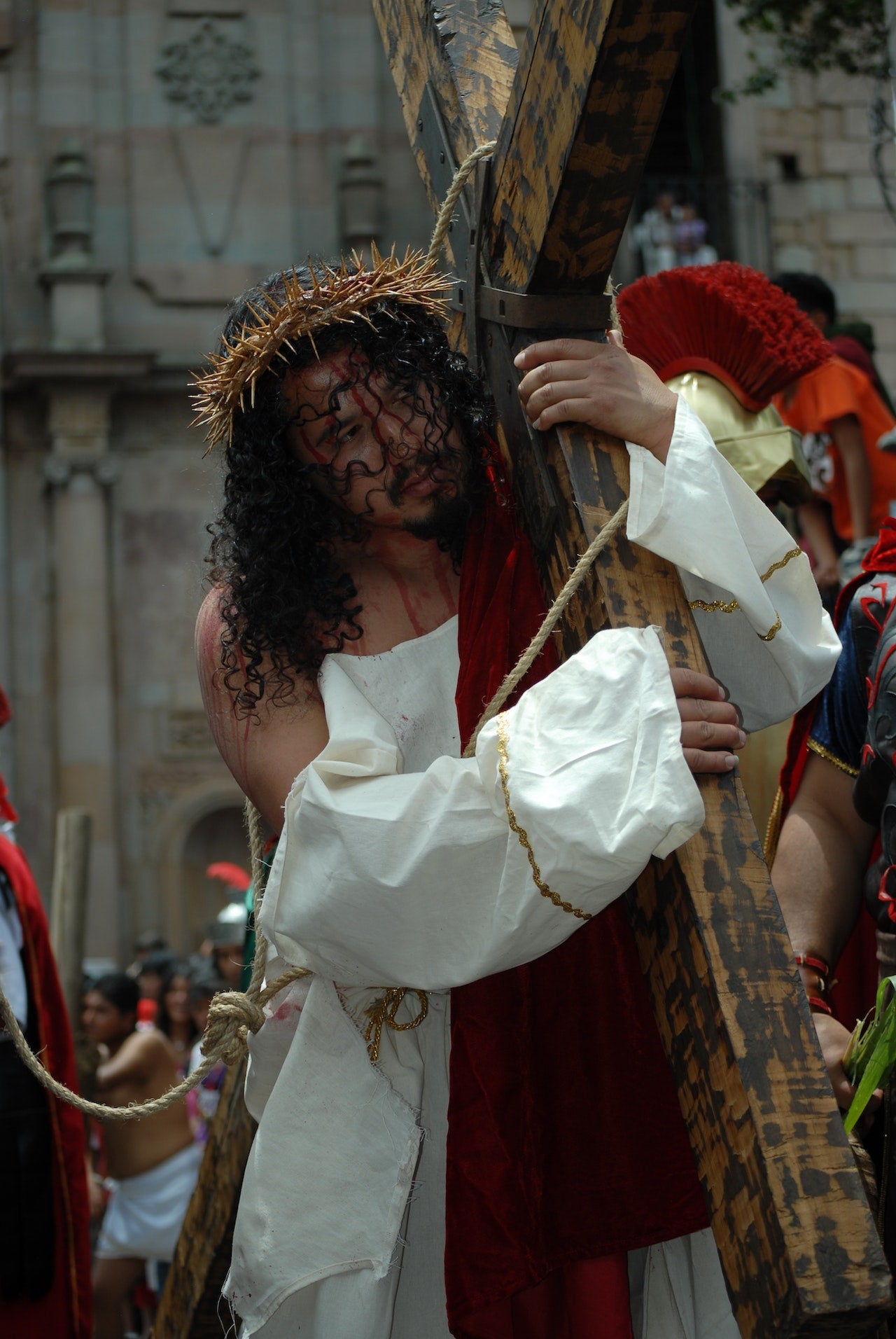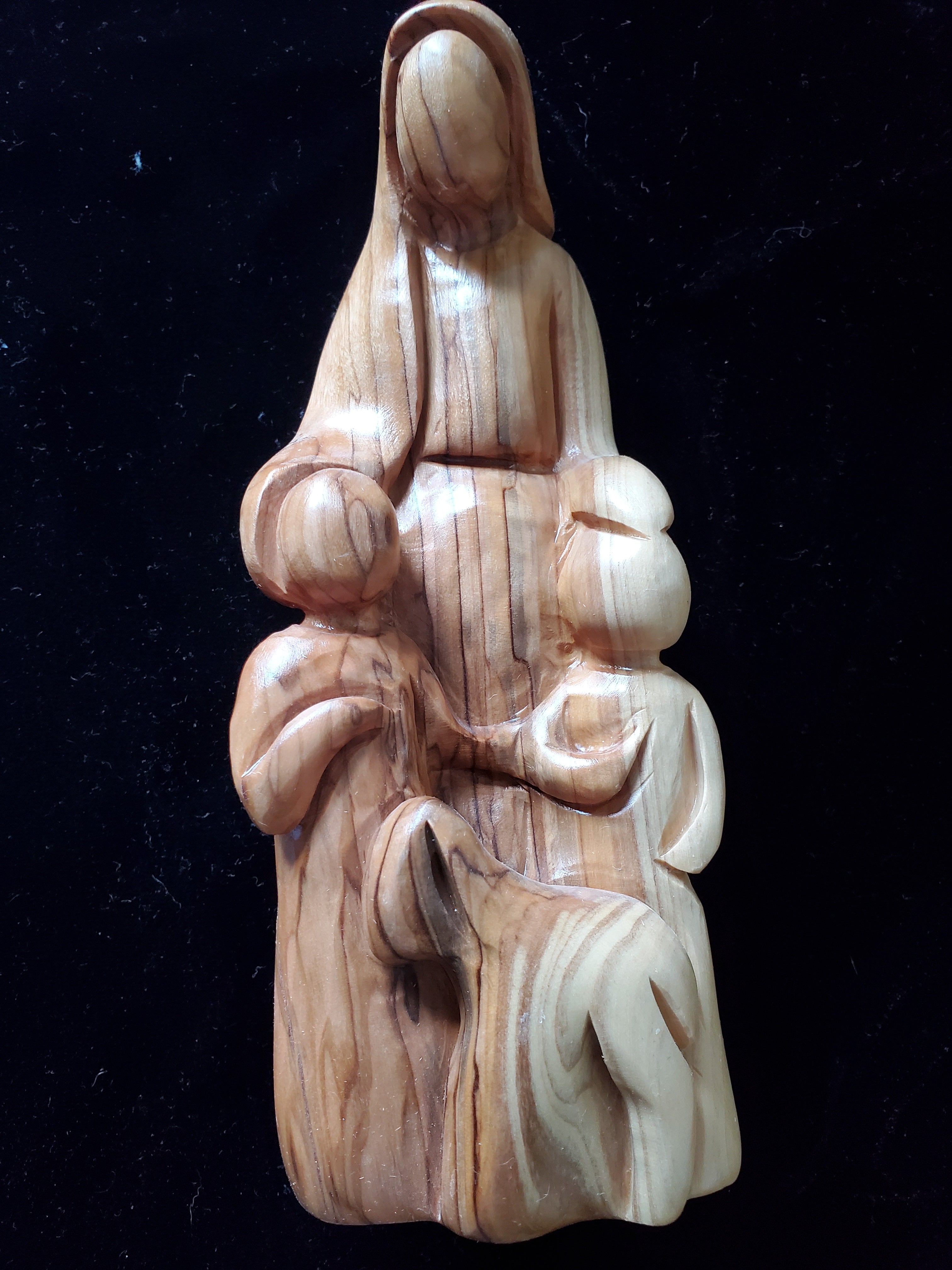
Congratulations on your new olive wood purchase!
Whether you've acquired a decorative statue, a functional kitchen item, or a unique piece of art, your olive wood product will undoubtedly become a cherished addition to your collection. This piece of art will provide you with joy and sense of connection it provides to the rich heritage of olive wood craftsmanship.
The olive tree holds deep religious and cultural connections, representing peace, wisdom, and prosperity. With their intricate carvings and warm, golden hue, olive wood statues reflect the talent and dedication of their artisans. These statues can serve as decorative pieces, spiritual symbols, or unique gifts, adding a touch of elegance and history to any space.
The Significance of Olive Wood
Olive wood holds deep religious and cultural significance, particularly in the Mediterranean. In Christianity, the olive tree is associated with peace and renewal, symbolizing the covenant between God and humanity. The universal symbol of peace is the olive branch, often represented in art and literature. In ancient Greece, the olive tree was holy to the goddess of wisdom and warfare, Athena. In the early stages of the Olympic Games, winners were awarded olive wreaths as symbols of triumph and glory. The olive tree's enduring presence in various cultures and religions highlights its symbolic power and timeless beauty.
Mediterranean Olive Wood Craftsmanship: A Timeless Tradition
Olive wood craftsmanship has been a cherished tradition in the Mediterranean region for centuries, dating back to ancient Greece and Rome. The Mediterranean region is rich in olive trees, providing a readily available and durable material for artisans to work with. The dense, fine-grained nature of olive wood makes it ideal for carving intricate details and creating objects with a smooth, polished finish.
Mediterranean craftsmen have honed their skills over generations, passing down techniques and traditions from one generation to the next. They use various tools, including chisels, knives, and carving machines, to create multiple olive wood objects, from statues and figurines to bowls, plates, and musical instruments.
The olive wood craftsmanship in the Mediterranean region is often characterized by its intricate designs, frequently depicting religious figures, mythological scenes, or everyday life. The warm, golden hue of olive wood adds to the natural beauty and elegance of these handcrafted pieces. Olive wood objects are not only functional but also serve as works of art, reflecting the Mediterranean's rich cultural heritage and artistic traditions.
How to Care for Your Olive Wood Statue: A Guide to Preserving Its Beauty
Olive wood statues are exquisite pieces of art crafted from the durable and naturally beautiful wood of olive trees. Proper care is essential to ensure your statue remains a cherished heirloom for generations to come.
Cleaning and Maintenance
- Dust Regularly: Gently wipe away dust and dirt using a soft, lint-free cloth. Avoid any harsh chemicals or coarse materials that can scratch the wood.
- Oil Treatment: Apply a thin coat of mineral or olive oil to the statue every few months to prevent dryness and cracking. Rub the oil into the wood with a soft cloth and allow it to absorb completely.
- Avoid Direct Sunlight: Long exposure to direct sunlight can cause cracks in the wood and fade the rich color. Display your statue in a location with indirect sunlight or filtered light.
Handling with Care
- Gentle Touch: Olive wood is a relatively soft wood, so handle your statue with care to avoid scratches or dents.
- Avoid Extreme Temperatures: temperature changes can cause the wood to warp or crack. Keep your statue away from heat sources and cold drafts.
Repairing Minor Damage
If your olive wood statue sustains minor damage, such as a small scratch, you can attempt to repair it yourself. Apply a small amount of oil (can be olive or or mineral oil) to the scratch and gently rub with a soft cloth. The oil can help disguise the blemish and protect the wood from further damage.
Professional Restoration
If your olive wood product—a statue, kitchen tool, or piece of art—shows significant damage, such as deep scratches or cracks, it's best to consult a professional wood restoration specialist. A specialist can assess the damage and determine the appropriate course of action to restore your statue to its original beauty.
Conclusion
Olive wood statues are more than just decorative pieces; they are a testament to the skill of craftsmen and carry rich cultural and religious symbolism. By understanding the history, significance, and proper care of olive wood, you can appreciate and cherish these timeless treasures for generations to come.

